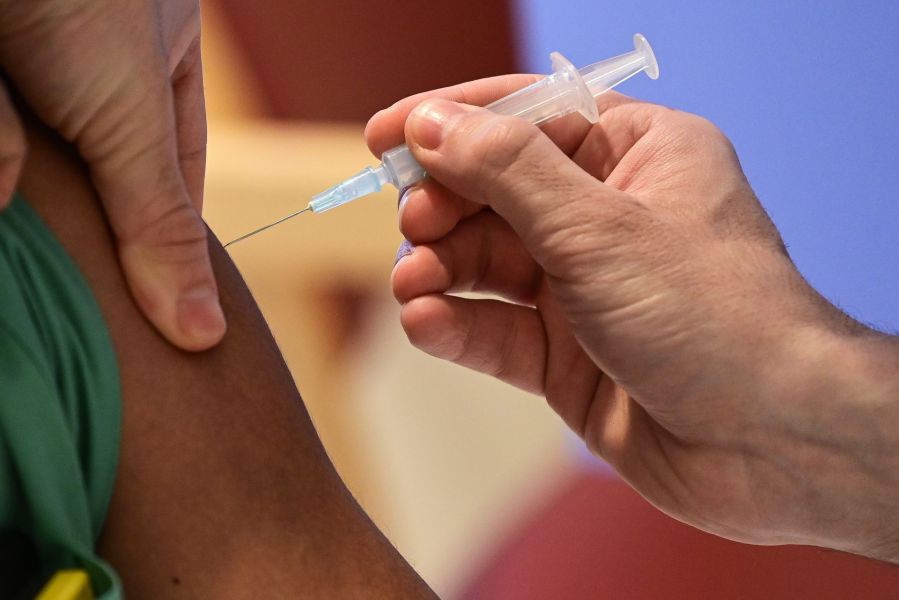The European Commission on Wednesday adopted adjustments to the EU's "transparency and authorisation" mechanism for exports of vaccines and vaccine active substances from the EU.
Many countries that were previously exempted from this control are now also concerned. The Commission wants “to obtain a full picture on what is happening outside the EU, so as to avoid possible circumvention of the rules,” explained Commissioner Valdis Dombrovskis at a press conference.
Countries such as Switzerland and Israel are now covered by the mechanism set up at the end of January.
If a company under contract with the European Commission wants to export to Albania, Armenia, Belarus, Serbia or Lebanon, it will now also have to request permission from the Member State of departure to take its batch of vaccines out of the EU.
The principle remains the same: the Member State assesses the request, informs the Commission, which validates its decision or not, and authorises or blocks the planned export.
Related News
- Poland to vaccinate NATO staff in Brussels
- Belgium to receive first 76,000 Johnson & Johnson vaccines from mid-April
However, the EU executive has added certain criteria that must now be taken into account in the assessment of each application.
"First, reciprocity,” Dombrovskis explained. “If the country of destination, which has a large production capacity, restricts its own exports of vaccines or substances - either by law or other means - it may be appropriate to consider whether exports to this country are justified,” he said.
“The second element is proportionality - which means finding the right balance,” he continued, explaining that “Member states and the Commission will consider the conditions prevailing in the country of destination, in particular the epidemiological situation, its vaccination rate and the existing availability of Covid-19 vaccines.”
From 30 January until today, 380 applications for export to 33 different destinations have received a positive response, for a total of about 43 million doses. Only one export application was not accepted: that of AstraZeneca to transport 250,000 doses from Italy to Australia.
“It is appropriate that we should distinguish between poorly performing companies and well-performing ones that are on track to meet their contractual obligations,” Dombrovskis said.
The transparency and authorisation mechanism for exports has already been extended until the end of June. A new extension is likely, the Commission's Health Director, Sandra Gallina, suggested on Tuesday in the European Parliament committee.
As Commission President Ursula von der Leyen pointed out on Wednesday, the EU is the only major producer in the OECD that continues to export vaccines on a large scale to dozens of countries, underlining that low and middle income countries concerned by the Covax initiative remain exempt from the mechanism.
The Brussels Times

